MSRP
MSRP stands for the manufacturer's suggested retail price and is the price that the manufacturer thinks dealers should sell it for. However, individual dealerships can charge customers more or less for the vehicle as they see fit.
We are searching for
--
Please wait. This should take only a few seconds.

Before spending a lot of money on that new car, you must consider its future value for resale. Car markets fluctuate widely, so it's critical to know the projected price of your vehicle in the future if you think you might want to sell it later.
Residual value is also an important component to consider when leasing a car and it significantly impacts lease price - check out our lease calculator too.
Our residual value calculator uses millions of historical data points based on algorithmic market calculations to give you an idea of its future value so you can decide the best time to trade it in or sell it.


When you make a purchase or investment, there is no guarantee of future gains or losses. However, by using our vehicle residual value calculator, you will have the same information that car dealers and financial institutions use to determine lease prices and when offering you a "holding price" deal.
GoodCar works closely with reputable data vendors to provide you with a future value as a percentage (%) of the initial cost or the monetary ($) equivalent. Car markets change drastically based on many factors, and car prices may go up or way down.

We update our data bi-monthly and adjust future values based on the current selling price, production, volume, and potential demand and supply along with other economic factors.


Residual value is helpful when you compare buying different vehicles. You can make an informed decision about which car retains its value better. That value also indicates the quality of the product itself and how well it holds up over time. Finding out the residual value before buying may help you determine how often you will be in the repair shop or not.
You can use our calculator to determine a future resale value and plan to sell or trade your vehicle in at just the right time to maximize your investment. For example, if you plan on leasing a car that has a low residual value at the end of the lease, that can help you decide if it makes sense to buy the car or not as part of the lease termination.
Whenever you check the value of your vehicle, you can instantly calculate your equity. If you owe any money on the car, you can project future equity as you pay it off.
Car values change rapidly as markets evolve. However, some brands regularly top the lists of the vehicles with the highest and lowest residual values. Some examples are:



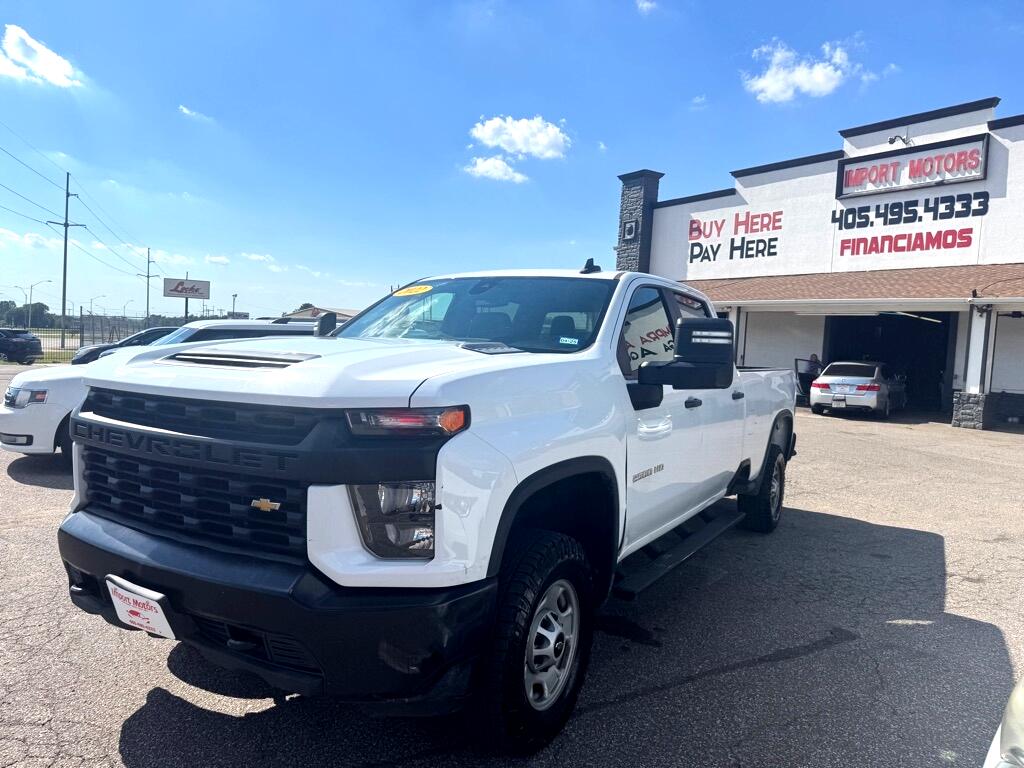

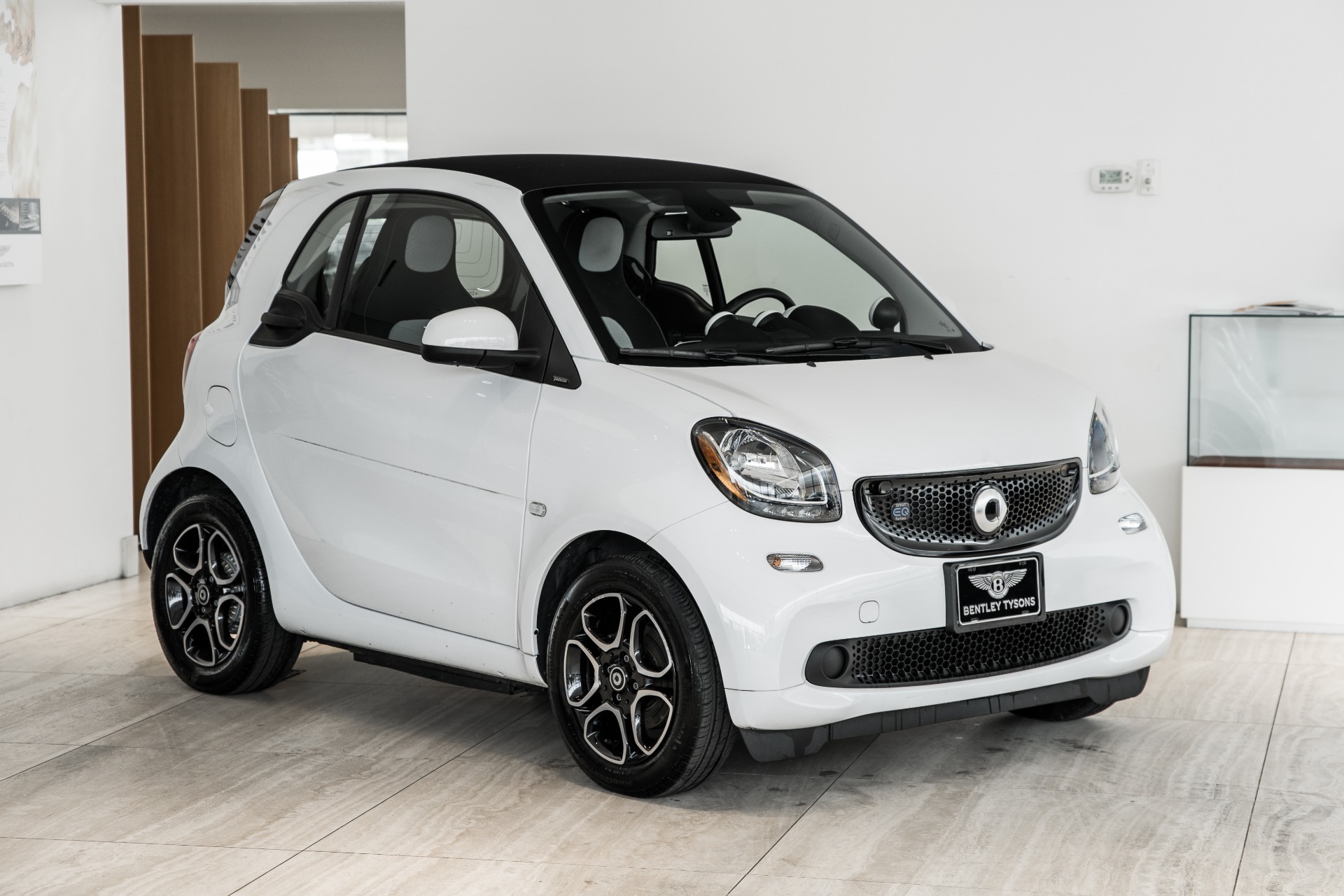


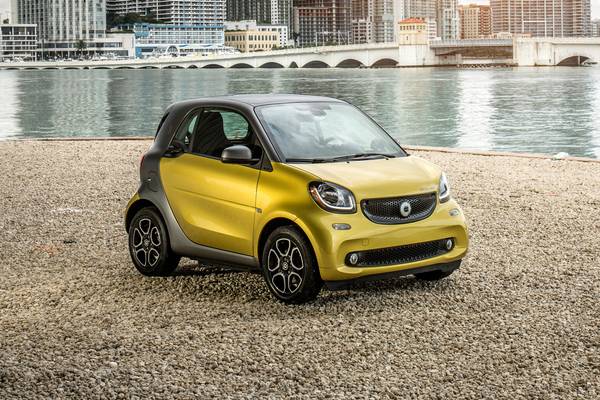

.jpg?t=170504687478)
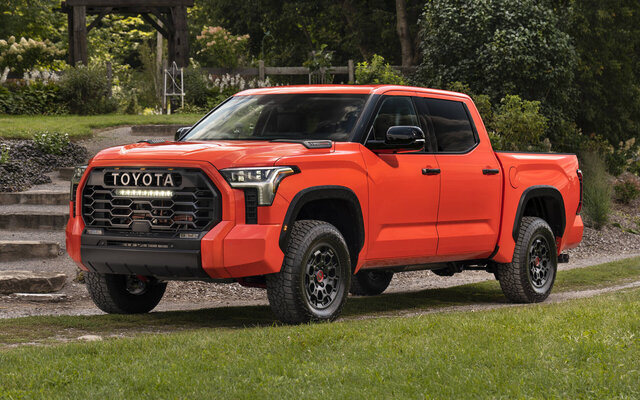
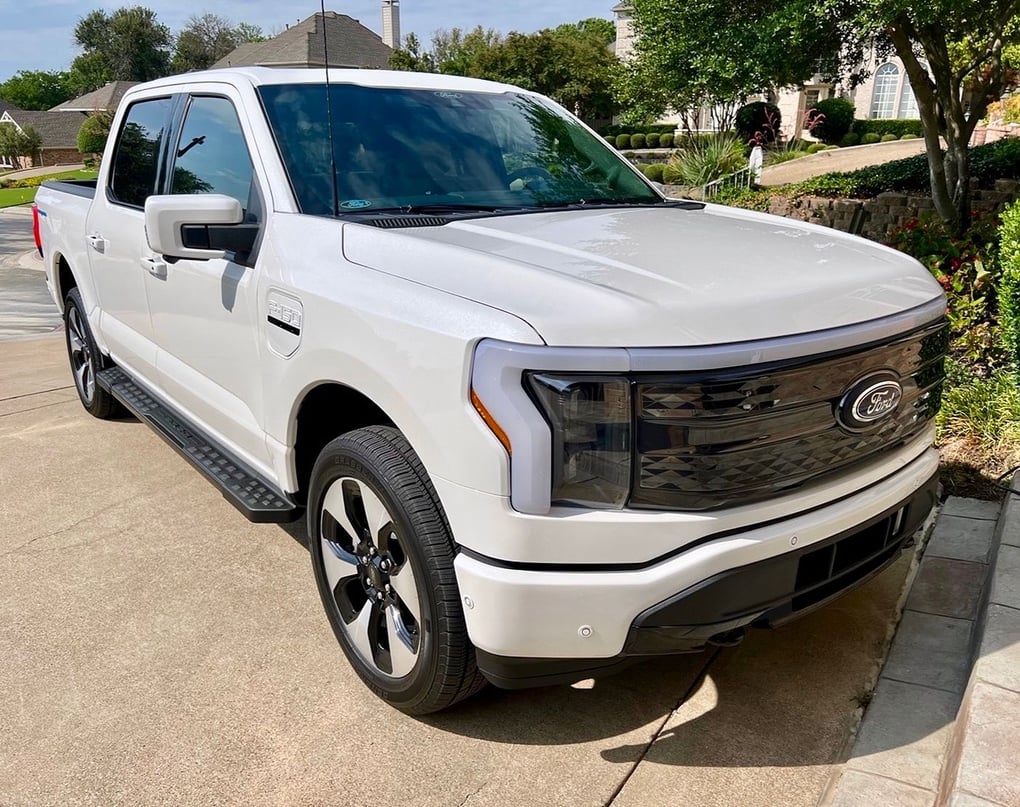

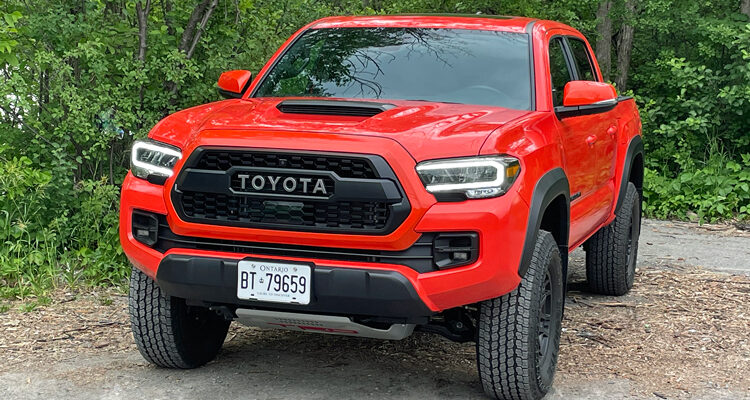

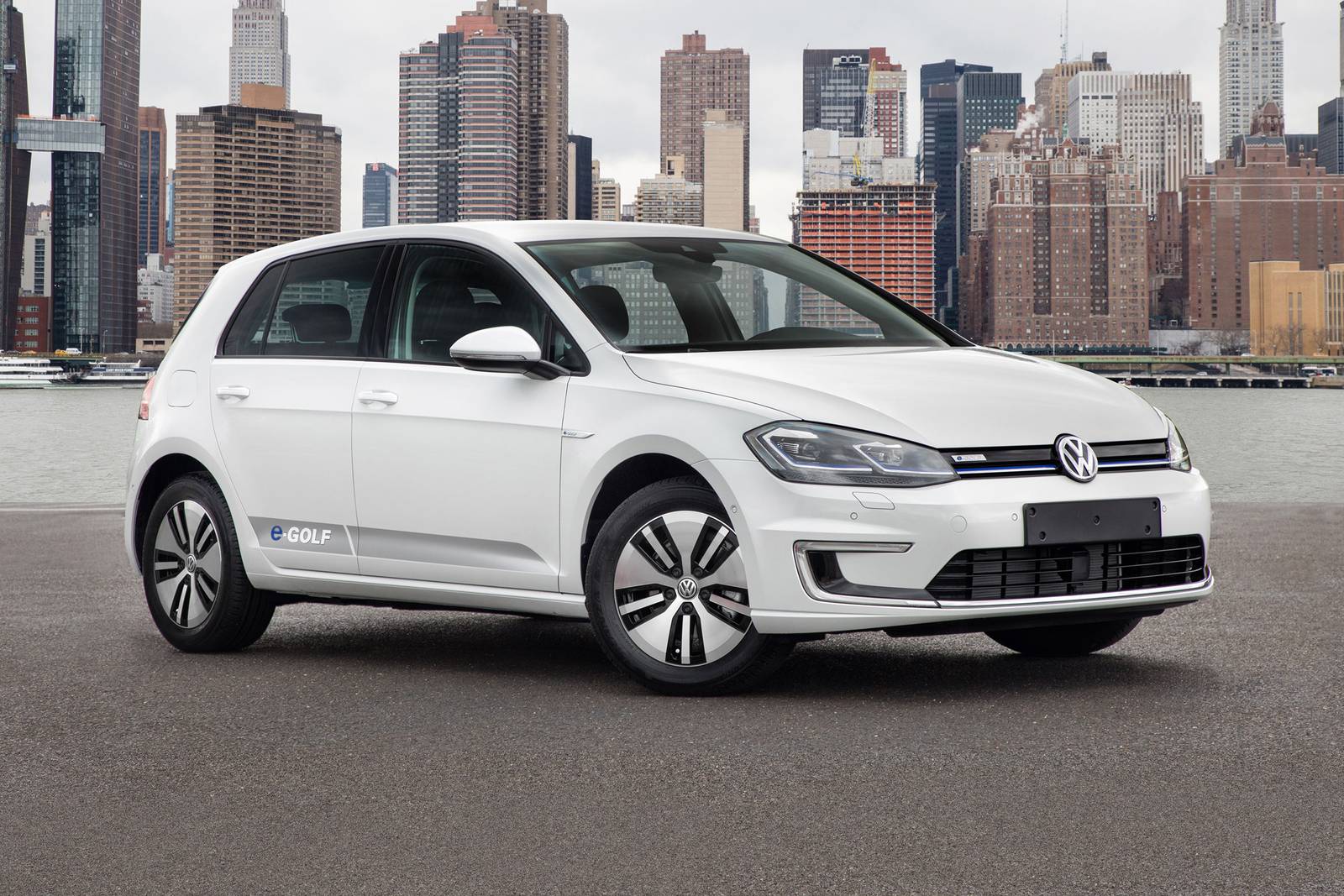




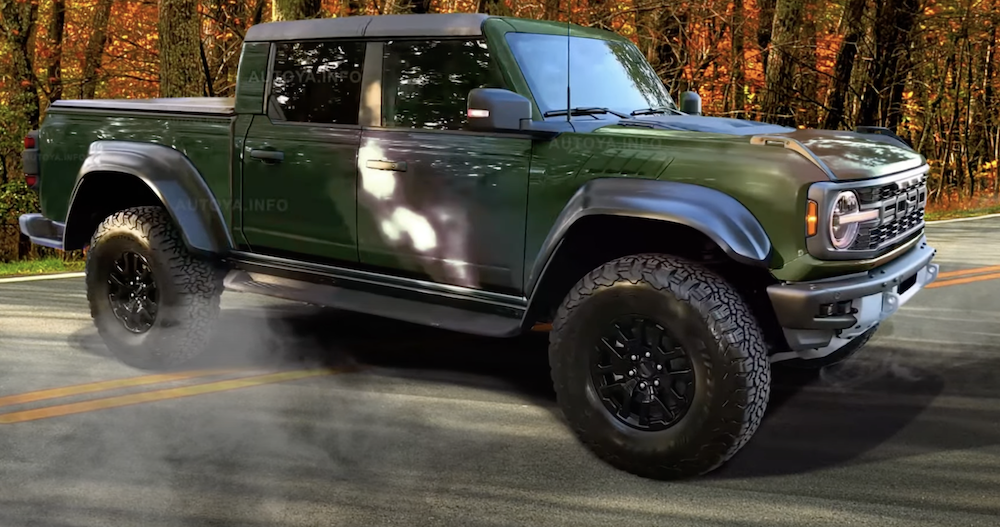
.jpg?t=170504687478)





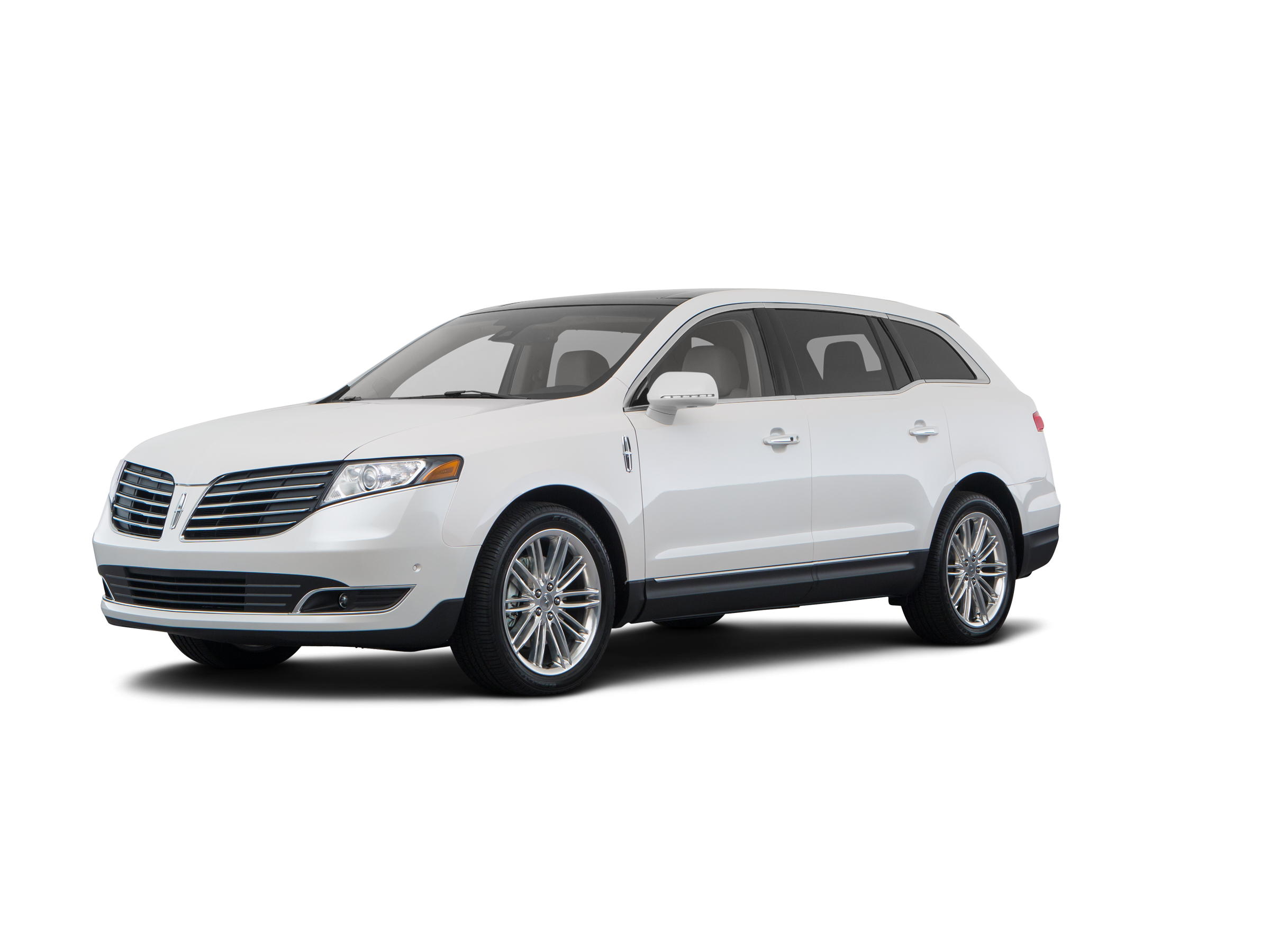

When establishing an estimated value for your vehicle, you must understand some key components.
Some items that factor into a new car's value are:

MSRP stands for the manufacturer's suggested retail price and is the price that the manufacturer thinks dealers should sell it for. However, individual dealerships can charge customers more or less for the vehicle as they see fit.
The destination charge is a fee the manufacturer charges the dealer to transport the car to the dealership. Dealers pass this fee along to the buyer. Dealerships may lump transportation, gas, delivery, and other costs into this one category.
For vehicles that do not meet current federal fuel-efficiency standards, buyers must pay an additional tax called the gas guzzler tax. It applies to some SUVs, trucks, and minivans.
The dealer invoice is the amount the dealership paid for the vehicle before they marked it up to sell to you. Knowing how much the dealer paid helps you work a better deal because you can determine how much profit they are trying to make and negotiate from there.
Manufacturers offer discounts to consumers and dealers to increase new car sales. Common OEM programs include cash rebates, marketing support, low-interest financing, and special lease prices.
Trade-in value is how much a dealer is willing to give you for your used car when buying a new one. Some things that dealers don't want you to know about trade-in deals are:

Mileage, the condition of your car, and location history can also affect your trade-in value. Always do your homework first before making any lease deals at the showroom.
When you trade-in your old vehicle to purchase a new one, the dealer will give you the wholesale or auction value. These figures are how much the dealer can get for the car at auction or sell it on the wholesale market. Keep in mind that this value will be lower than you can sell the vehicle to a private party (often referred to as the retail value). Depending on the vehicle's make, model, age, and condition, the dealer may offer you a low, average, or high wholesale trade-in value.
If you are strapped financially and need money fast, one solution is to get a car equity loan. If you own your vehicle outright and it has a loan value, your bank may be willing to give you a car equity loan. It works the same as a home equity loan. The financier will take out a lien on the vehicle until you pay off the loan. Your vehicle becomes the collateral to secure the debt. To find out the loan value for your car, use GoodCar's residual value calculator.
There are various reasons why similar vehicles might have a wide discrepancy in value. Some of the most common reasons include:
Trim level dictates higher and lower levels of comfort, security, and amenities within vehicles. For example, a sport-level may include better tires, a spoiler, and a sunroof, whereas a base trim level will not. Each of these extras costs money and adds to the value and price of the car.
Certain vehicles are more desirable in different areas of the country. Therefore, the value of the same car in the northern part of the U.S. may be drastically different than if you bought it in the southern part of the U.S. GoodCar factors in all of these parameters automatically for you.
Many cars offer only 2WD, which is standard but not great for winter driving. 4WD or AWD vehicles operate much better on snowy and icy roads. Therefore, these options add to the price of the car and will affect the residual value as well.
When you purchase a vehicle, it may have original equipment, for example, a standard base head unit (radio/stereo system). If you replace any equipment with upgraded or better options, you can increase the car's future value.